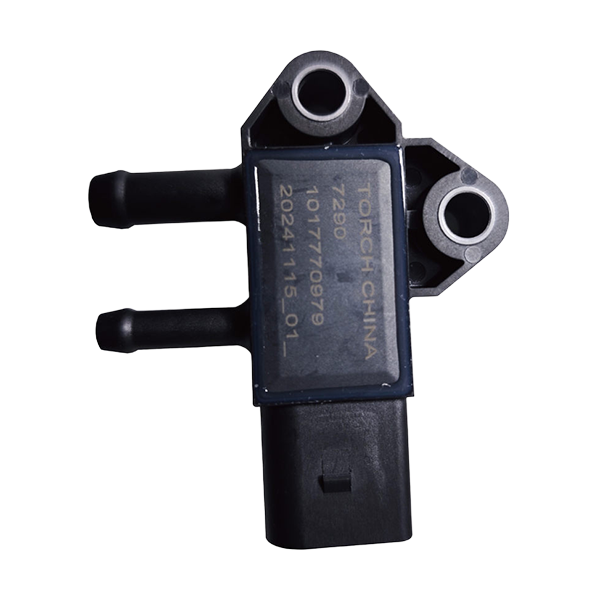Understanding Durable Industrial Flame Sensors: Key Principles and Applications
2025-10-08

One of the primary functions of a durable industrial flame sensor is to provide real-time monitoring of flame conditions. They utilize advanced technology to detect specific wavelengths of light emitted by flames, allowing for quick identification and response to potential fire hazards. This capability is invaluable in preventing catastrophic events that could lead to extensive damage, injury, or loss of life.
Durable industrial flame sensors can be categorized based on their detection methods. Common types include ultraviolet (UV) sensors, infrared (IR) sensors, and multi-spectrum sensors. UV sensors are highly sensitive to the ultraviolet light emitted by flames, making them effective in detecting flames even in the presence of smoke or obstructions. IR sensors, on the other hand, detect the heat emitted by flames, making them suitable for environments that may produce false alarms from UV detection. Multi-spectrum sensors combine both UV and IR technologies to enhance reliability and accuracy, ensuring that flame detection is effective across various applications.
Another significant advantage of durable industrial flame sensors is their longevity and reliability. Designed to endure extreme conditions, these sensors maintain consistent performance over time, reducing the need for frequent replacements and minimizing downtime. Their robustness is essential in industries where operational continuity is vital.
The integration of durable industrial flame sensors into automation systems further enhances their effectiveness. By linking these sensors with control systems, industries can achieve real-time monitoring and rapid response capabilities. For instance, if a flame is detected, the system can automatically shut down equipment or activate fire suppression systems, thereby mitigating risks and safeguarding personnel and assets.
In conclusion, durable industrial flame sensors are indispensable tools in maintaining safety standards across various industries. Their ability to detect flames accurately and reliably ensures that potential hazards are identified promptly, allowing for swift action to protect both personnel and equipment. As technology continues to advance, the functionality and effectiveness of these sensors will likely improve, further solidifying their importance in industrial applications. Understanding their principles and applications can help organizations implement effective safety measures and maintain a secure operating environment.
Previous:
Latest News



Address
No.68, Hongqi Rd , Zhuzhou City , Hunan , China.
2025 © Weichai Torch Technology Co., Ltd. All Rights Reserved
COOKIES
Our website uses cookies and similar technologies to personalize the advertising shown to you and to help you get the best experience on our website. For more information, see our Privacy & Cookie Policy
COOKIES
Our website uses cookies and similar technologies to personalize the advertising shown to you and to help you get the best experience on our website. For more information, see our Privacy & Cookie Policy
These cookies are necessary for basic functions such as payment. Standard cookies cannot be turned off and do not store any of your information.
These cookies collect information, such as how many people are using our site or which pages are popular, to help us improve the customer experience. Turning these cookies off will mean we can't collect information to improve your experience.
These cookies enable the website to provide enhanced functionality and personalization. They may be set by us or by third-party providers whose services we have added to our pages. If you do not allow these cookies, some or all of these services may not function properly.
These cookies help us understand what you are interested in so that we can show you relevant advertising on other websites. Turning these cookies off will mean we are unable to show you any personalized advertising.
Sorry,当前栏目暂无内容!
您可以查看其他栏目或返回 首页
Sorry,The current column has no content!
You can view other columns or return Home
